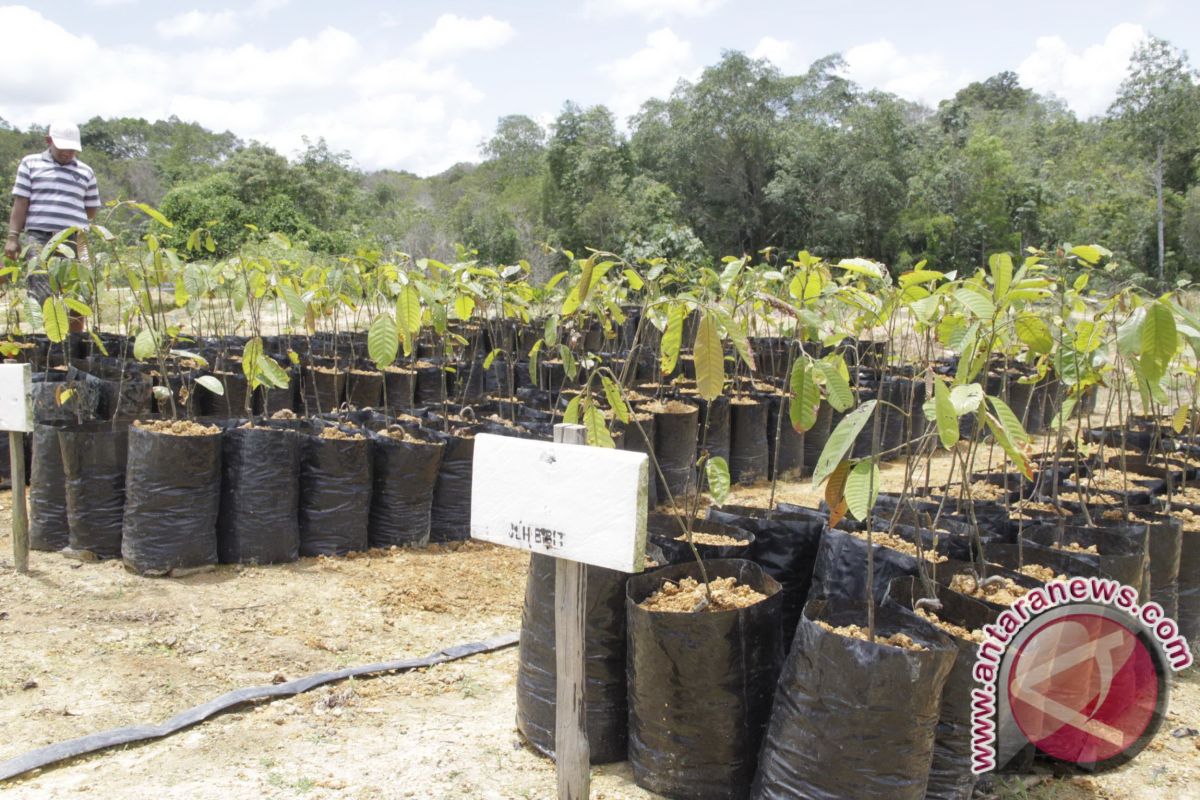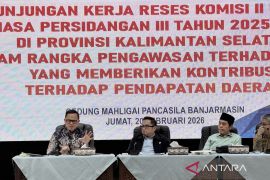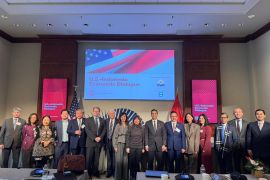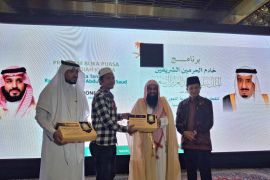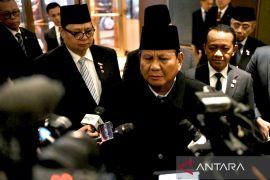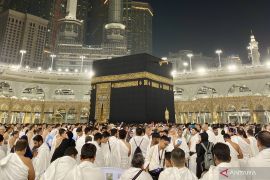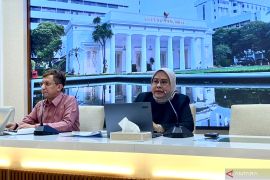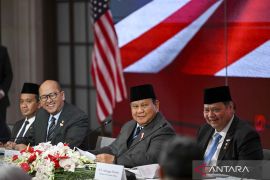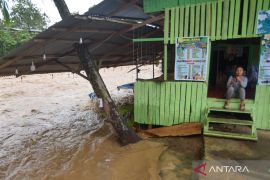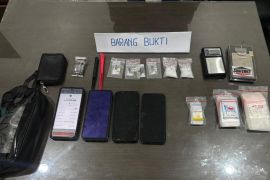The extension was aimed at conserving the West Kalimantan endemic tree, which is now almost extinct, Susanto, head of West Kalimantan Sinar Mas group representative office said here on Thursday.
"We let the low peat land and river border areas which are included in the oil palm development permit remain to be
areas with a high conservation value. Then, we will plant the Tengkawang Tungkul and other forest plant species at the open area," Susanto said.
The Sinar Mas group in its oil palm development program in Kapuas Hulu district, according to him, had assessed the land that has a high conservation value before starting its operations.
Based on the land assessment, only around 65 to 75 percent of the land was cultivated, with the remaining 25-35 per cent used as a conservation area in accordance with the principles and criteria for sustainable palm oil, he said.
"We neither use certain area for oil palm, which is according to local people are sacred places," Susanto said.
In addition, Susanto said the conservation areas handling by PT Paramitra Internusa Pratama (PT PIP), a subsidiary of Sinar Mas Group, indicating its seriousness and responsible in maintaining the environment in the oil palm​licensed areas.
Citing an example, he said, PT PIP has conserved at least eight types of Nephentes sp or Tropical pitcher plants in Kapuas Hulu district.
PT PIP also paid attention to the cultural identity of local communities such as, cemetery or shrine, including tembawang (the sacred forest).
In the meantime, Nanga Seberuang Village Chief, Andrew Barley also welcomed the presence of oil palm plantations belonging to the Sinar Mas Group in his village, because it has given the community alternative employment other than as rubber growers.(*)
(F001/A/H-NG/A/S012)
Editor: Ruslan Burhani
Copyright © ANTARA 2011
